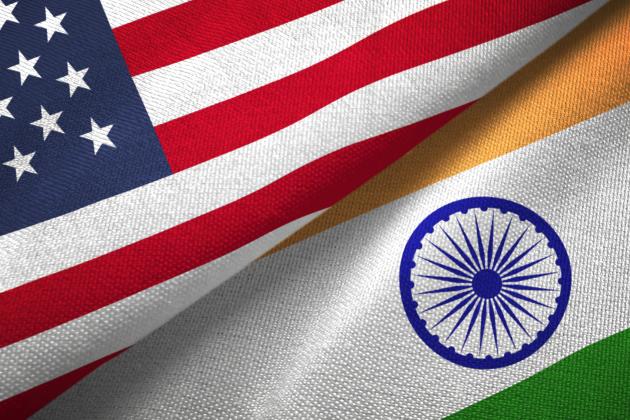PARTICIPANTS
Ronald McKinnon, Leszek Balcerowicz, Michael Bordo, Darrell Duffie, Allan Meltzer, Ken Scott, John Shoven, George Shultz, Johannes Stroebel, John Taylor, Ian Wright
ISSUES DISCUSSED
Ronald McKinnon, professor of economics of Stanford University, discussed his September 30, 2011 op-ed in the Wall Street Journal, “Where Are the Bond Vigilantes?” and spoke more generally about the global and domestic effects of the U.S. Federal Reserve’s low short- and long-term interest rate policies.
McKinnon explained extremely low interest rates in the U.S. have caused “hot” money outflows into China and other emerging economies, following which central banks have attempted to intervene in order to prevent currencies from appreciating. He argued such actions cause emerging economies to begin losing monetary control and inflate their currencies, which causes primary commodity prices in the world to rise, eventually feeding back into higher inflation in the U.S. and exacerbating the current state of stagflation.
Additionally, McKinnon said low interest rates have disrupted normal bank intermediation within the U.S. Due to regulatory scrutiny, U.S. banks cut lending sharply after the 2008 financial crisis, contributing to the weakness of the recovery. Further, since the return to interbank lending is effectively zero, while banks can receive some interest by holding excess reserves at the Federal Reserve, the problem of banks holding more and lending less has only gotten worse, rather than improving.
McKinnon proposed solving these problems by getting rid of counterparty risk in the interbank market and tightening monetary policy by gradually increasing interest rates to a modest level, which would restore the interbank market and get a normal supply of credit to nonbank firms. He further recommended this increase in interest rates be coordinated internationally so to not affect exchange rates and to limit interest rate differences between countries, thus leading to less bubble-producing carry trades.









